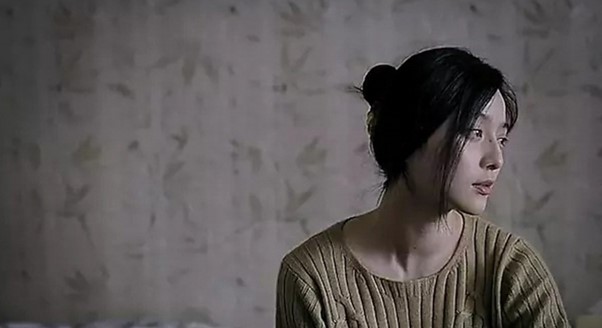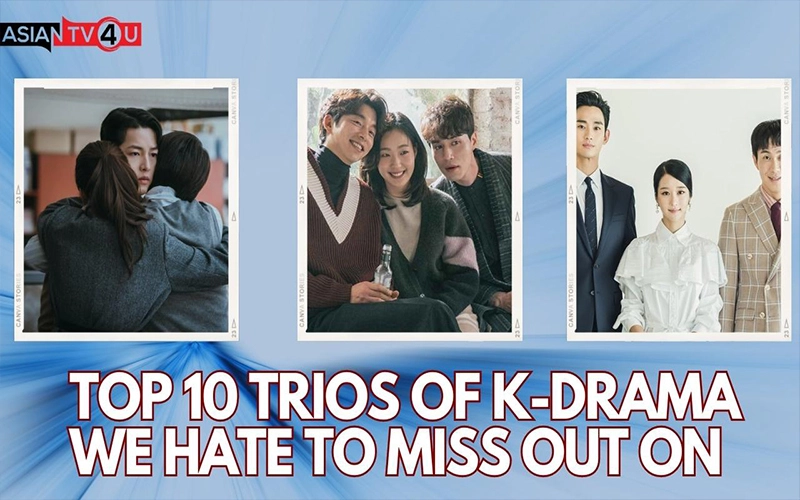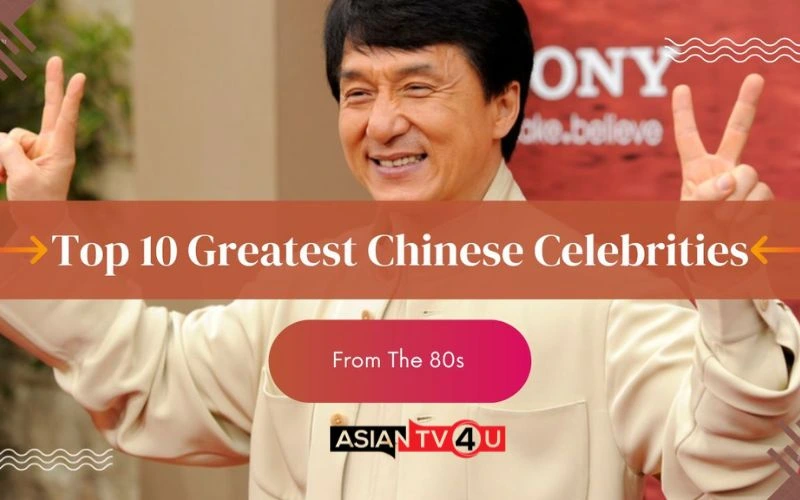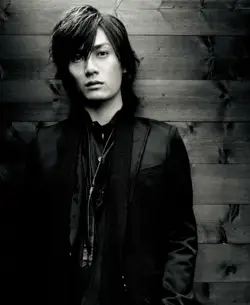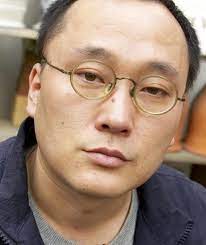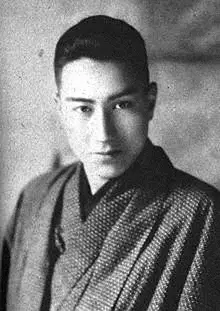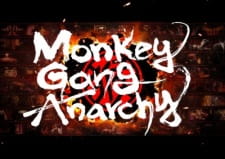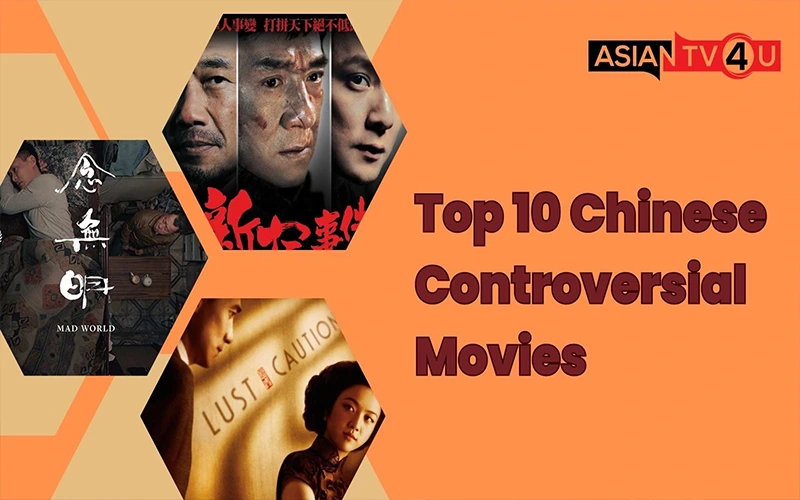
The Hong Kong movie enterprise is really diverse and compelling. And it's definitely no outsider to controversy, either. Eight provincial examples have caused furious arguments on the silver screen.
1. Shinjuku Incident
It arrives as no wonder that controversial movies get banned in China. But what’s stunning about Shinjuku Incident is that pro-Beijing performer Jackie Chan was on the receiving end this term. Two weeks after the film’s release, Chan flashed a furore due to remarks he made at the Boao Forum in Hainan. Chan asserted that ‘too greatly freedom’ results in ‘chaotic organisations like Hong Kong’ and that the ‘Chinese need to be controlled.
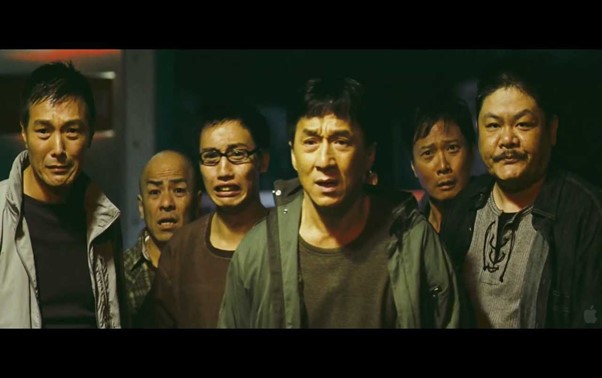
2. Lust, Caution
Lust, Notice is additionally a China-Taiwan display. Still, we’ll let that slide given the multiple local elements – film sets, writer Eileen Chang, and Oscar-winning director Ang Lee – tied to the film. Authority actress Tang Wei, widely praised for her performance, subsequently suffered a ban in the Chinese media, and online discussion of the film was shut down, Oriental Daily reported.
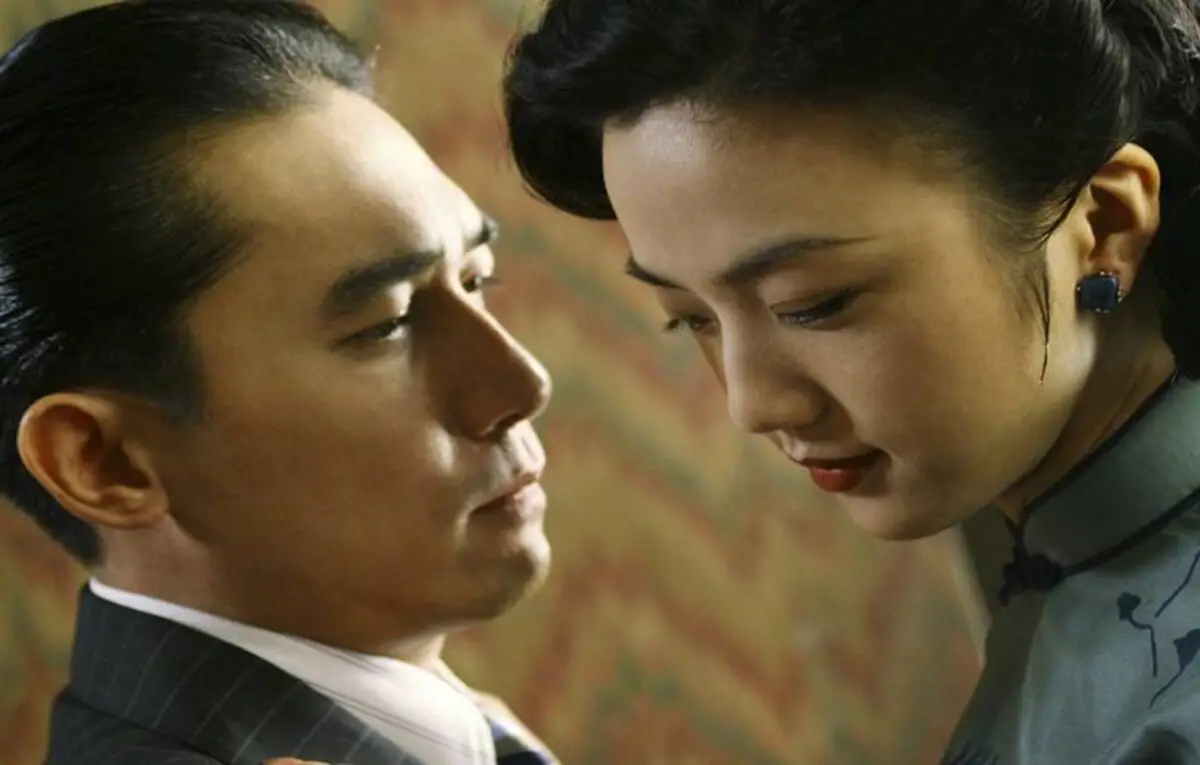
3. Mad World
Established as Hong Kong’s entry in the Finest Foreign Language Film classification at the 90th Academy Awards, Mad World lays bare the ills of Hong Kong society. This last point caused the most controversy in Hong Kong, with websites like Hong Kong’s Christian Times debating whether religion is mental support or a debilitating poison.

4. Ten Years
Ten Years was hugely controversial for its dystopian picture of Hong Kong in 2025. Despite being tremendously famous with local audiences, the movie was swiftly removed from regional movies – supposedly after stress from Beijing. The controversy heightened when Ten Years was selected for (and after that won) Best Film at the Hong Kong Film Awards.
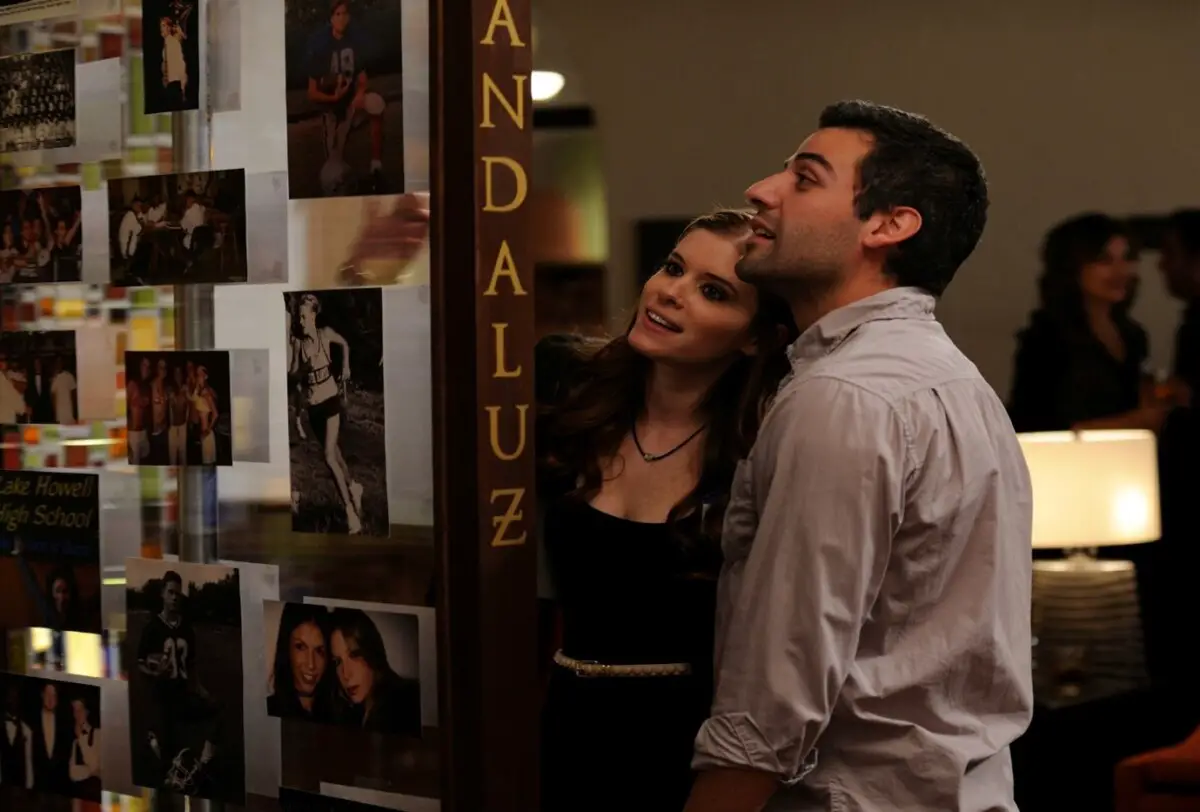
5. Lost In The Fumes
Lost in the Fumes, an award-winning at the Taiwan International Documentary Festival, Nora Lam Tze-wing’s trade shines the limelight on Hong Kong localist Edward Leung. While specific Hongkongers worry about what this told for freedom of address in the city, Wen Wei Po, a Hong Kong-based Chinese newspaper, Lost in the Fumes, was prohibited from commercial cinemas in Hong Kong with only a handful of cultural centres.

6. No. 1 Chung Ying Street
With the political controversy stoked by Ten Years and Lost in the Fumes, it’s no surprise that No. 1 Chung Ying Street – a film that juxtaposes Hong Kong’s 1967. The local administration also refused to fund the movie because it wasn’t commercial enough. Even Hong Kong’s international film festival declined to screen the movie. The movie joined a competition at the Osaka Asian Film Festival, where it succeeded the Grand Prix.

7. Vanished Archives
Made to tie in with the 50th anniversary of the 1967 riots, Vanished Archives is a documentary that seeks to provide an actual event record. The movie’s aggressive subject matter generated problems from the same beginning. Budget, both intimate and governmental, was unthinkable to arrive by. Director Connie Lo Yan-wai had to count on her accounts and personal assistance to finish the project.
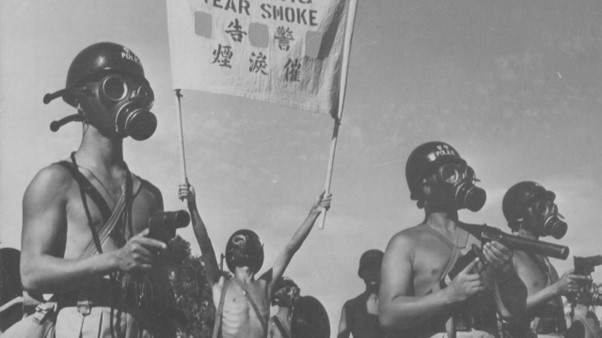
8. Revolution Of Our Times
Another controversial movie by the head of Ten Years Kiwi Chow, Revolution of Our Times, is a documentary emphasising the political meetups in Hong Kong in response to the proposition of the extradition bill in 2019. The documentary debuted at the 2021 Cannes movie Festival as a unique screening and won the Golden Horse Award for Best Documentary in 2021
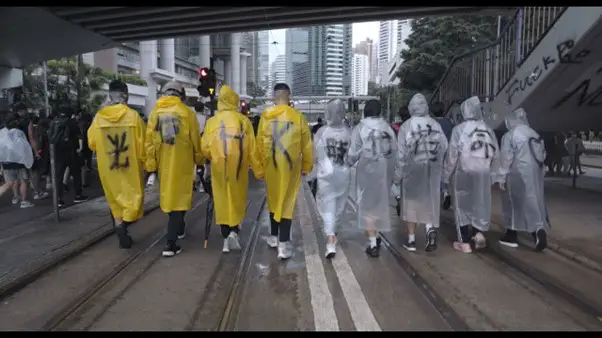
9. Monster Hunter
The story takes place Behind our world, there is another -- a world of dangerous and powerful monsters that rule their domain with deadly ferocity. In a hopeless battle for survival against giant enemies with extraordinary powers and unbeatable, terrifying attacks, Artemis teams up with a mysterious hunter who has found a way to fight back.

10. Lost In Beijing
Li Yu’s third segment and the advent of her partnership with Fan Bingbing was a movie that stumbled upon multiple issues with Chinese censors. Especially the sex and gambling scenes and the general pragmatist representation of the nation at the time truly upset the committee, with the film finally finding outlets in Europe and Hong Kong.
